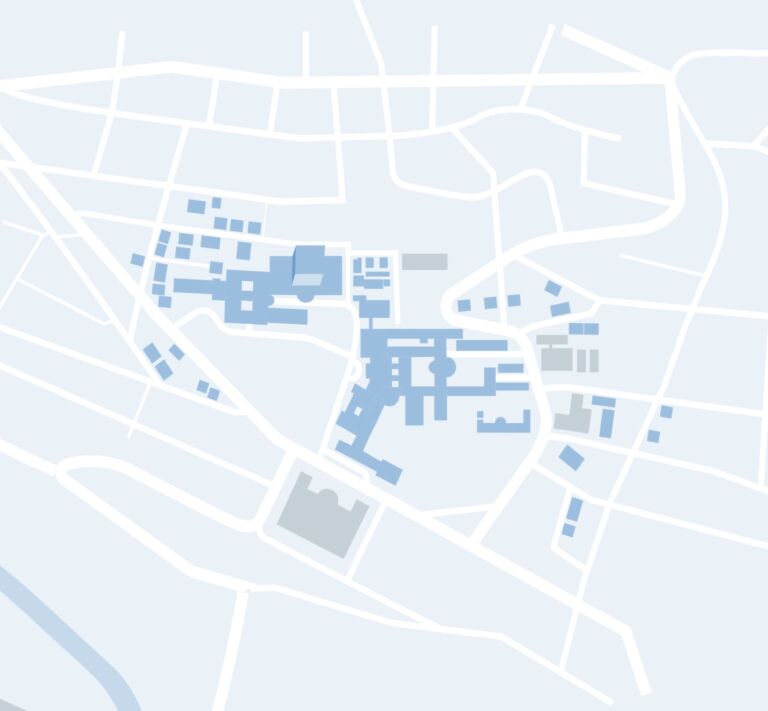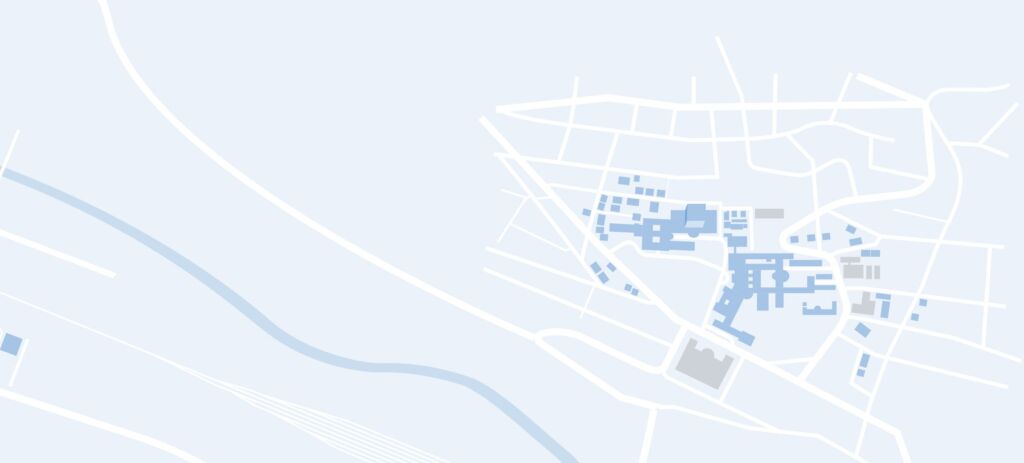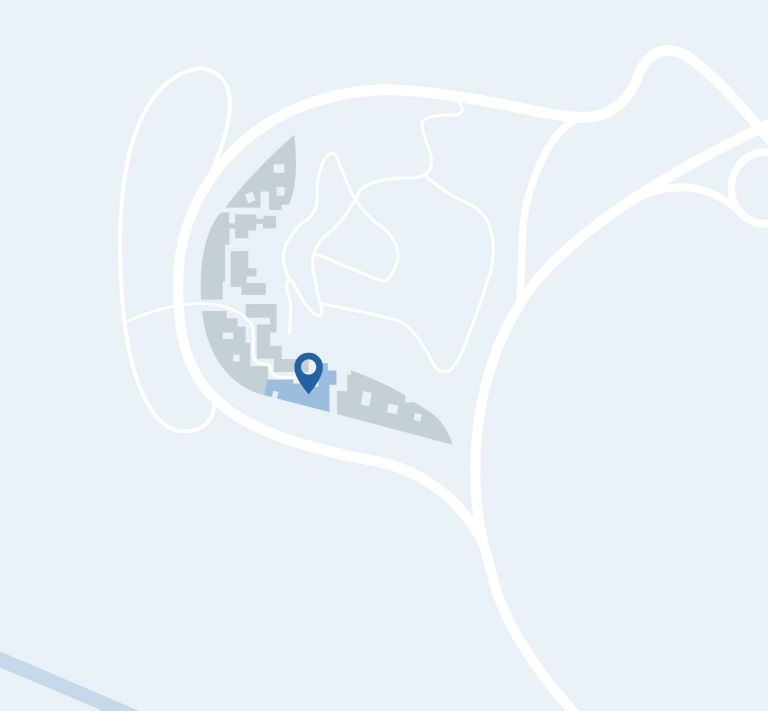Department of Neurology
The Department of Neurology deals with the diagnosis and treatment of common and rare diseases of the brain, spinal cord, peripheral nervous system and muscles.
What does neurology include?
Neurology involves the examination, diagnosis and medical treatment of diseases of the nervous system. The object of examination is the patient’s brain, spinal cord, peripheral nervous system and muscles. Neurology deals with a variety of disorders, including neurodegenerative diseases such as:
- Alzheimer’s or Parkinson’s disease
- Strokes
- Epilepsy
- Brain tumors
- inflammatory diseases such as multiple sclerosis
- Headache
- Diseases of the peripheral nervous system and spinal cord
and many other diseases. Neurologists perform clinical exams, use imaging techniques such as MRI and CT to detect changes in the brain or spinal cord, and use electrophysiological tests to measure the electrical activity of the nervous system. Neurological diseases require individual therapy, which may include medication, physiotherapy and other measures. The Department of Neurology is constantly developing its treatment and care services in line with national and international standards.
Neurological diseases
We diagnose and treat the various neurological diseases at the highest and most up-to-date level, also due to the research and further training activities of our clinic and the close cooperation with the other clinics and institutes of the University Hospital Zurich. Our clinic offers you competent and personalized therapy and care.
Neurology training and events
Continuous high-quality training is a priority for the Department of Neurology. Symposia and lectures are integrated into the Clinical Neurocenter program and are usually held on Thursday afternoons.
Neurology - Frequently Asked Questions
In a neurological examination, the patient’s nervous system is checked by the trusted physician in order to detect possible disorders and to be able to make a diagnosis. The scope of a neurological diagnosis may include a medical consultation on the patient’s medical history:
- Physical examination (reflexes, muscle strength, coordination, balance, sensory perception, etc.)
- Memory and Cognitive Tests1
- MRI or computed tomography (CT) scan, if applicable.
- Electrical activity tests of the nervous system
The possibilities include:
- Medication to influence the disease and/or alleviate symptoms
- Physiotherapy to support motor skills
- Occupational therapy to promote independence in everyday life
- Speech therapy for the treatment of communication disorders
- Surgery in certain cases, e.g. tumor removal or implantation of brain pacemakers (neurosurgery)
- Supportive therapies such as psychotherapy and pain management
Neurological disorders are impairments of the central (brain, spinal cord) and/or the broader nervous system such as the musculature, which can manifest themselves in various symptoms, including disturbances in movements or sensory impairments. Muscle weakness in the legs is one example. The muscle weakness can cause walking and balance problems. Other examples include stroke, epilepsy, migraine, Parkinson’s disease, multiple sclerosis, Alzheimer’s disease, and amyotrophic lateral sclerosis (ALS). Diagnosis and taking medical measures of neurological disorders should be done individually per patient and by a physician.
Neurological rehabilitation is designed to help people with conditions maintain or improve their functioning, independence and quality of life by combining individually tailored therapeutic approaches. This may include physical therapy, occupational therapy, speech therapy, psychological support, and other treatments



